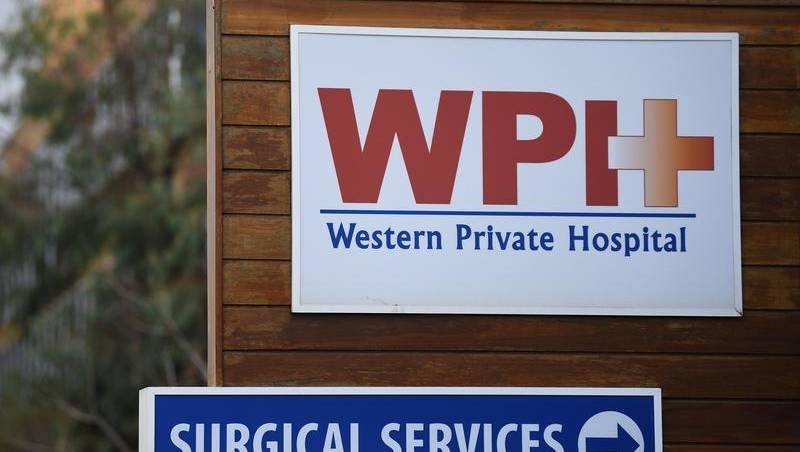
The private health industry is in a death spiral and needs an urgent rescue plan that includes reining in “greedy surgeons” who charge exorbitant fees, a public policy think tank says.
In a report on the industry the Grattan Institute says the federal government and industry leaders need to join together and forge such a plan.
The report’s authors, Stephen Duckett and Greg Moran, say the plan needs to “rein in greedy surgeons who charge patients exorbitant fees” and stop private hospitals keeping patients too long to give them care they don’t need.
They also urged an end to “the rorts in the prosthesis and device supply chain so private patients and their insurers pay no more than public patients”.
It was also necessary to ensure private health insurers that aren’t giving their members value for money are prevented from charging ever-higher premiums.
“The industry was in a death spiral before the pandemic and it’s still in a death spiral today,” the report said.
“For the past 20 years, private health insurance premiums have been rising faster than wages and inflation. Australians are paying more but getting less.”
Rising premiums make health insurance less affordable, leading to younger, healthier people dropping their insurance so the insurance risk pool gets worse and premiums go up.
“A small number of surgeons charge patients way more than they should,” the report said.
“About 6 per cent of specialists’ services in hospitals are billed at more than twice the Medicare fee, and these services account for 89 per cent of patients’ out-of-pocket costs.
“Patients who have been paying insurance all their lives are understandably angry to get these surprise bills.”
The report said over-servicing was much more prevalent in private hospitals than public hospitals.
“Ensuring private hospitals don’t keep patients in hospital longer than necessary and don’t give patients care of little or no clinical value could cut private health insurance premiums by about 5 per cent,” the authors said.
Exposing the prostheses market to competition could reduce the cost of hip and knee replacements and further reduce premiums, they said.
“The Minister for Health should be more willing to reject premium-rise applications from insurers that can’t show they offer their customers good value for money.”
Australian Associated Press
